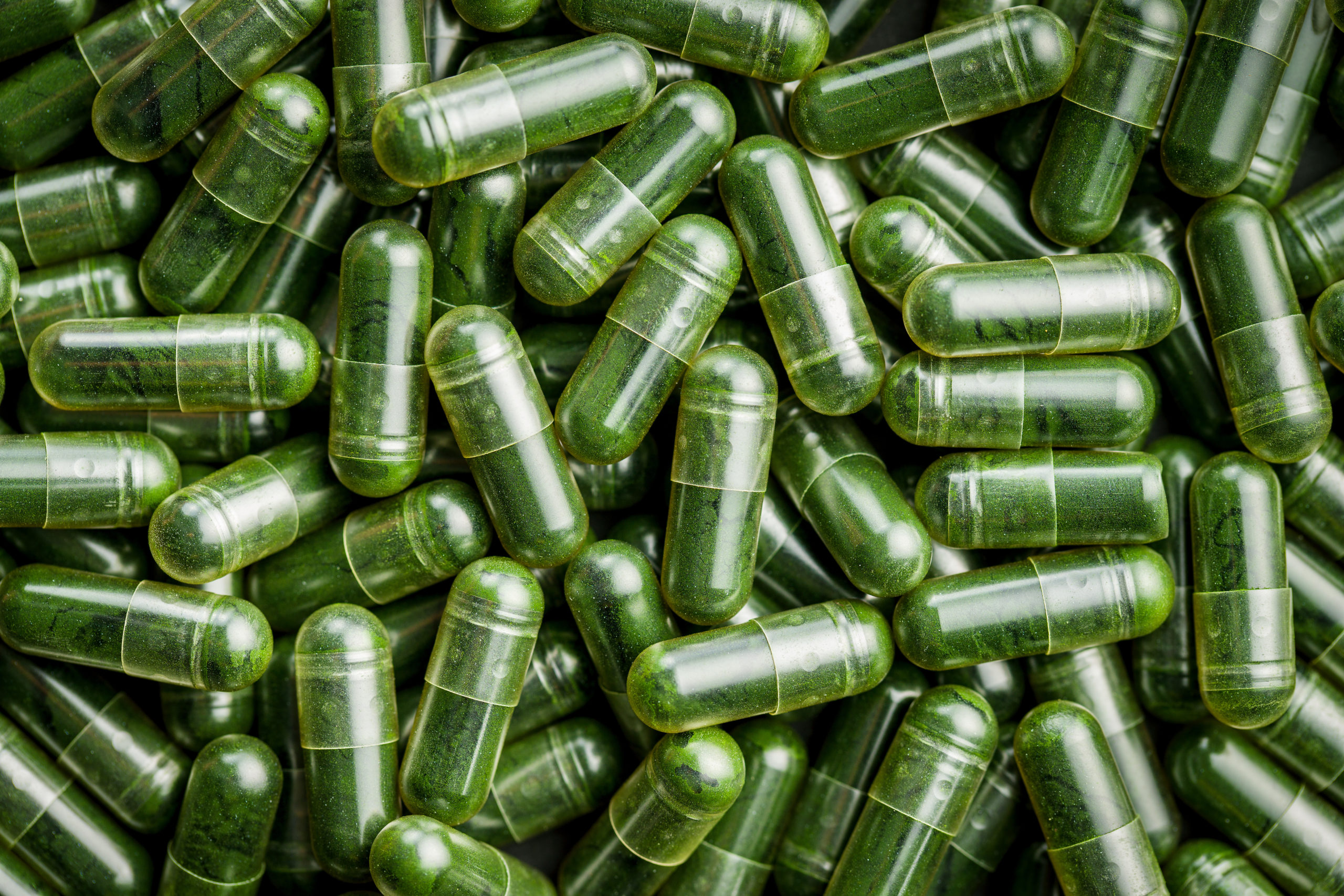We have most certainly warned about the dangers of kratom before on our blog pages. It has been shown to be addictive and can have long lasting effects on the body. Despite of all this, the plant-based stimulant is becoming more available to the general public; with published reports about commercial strains appearing in local head shops and gas stations.
Obviously, more availability means more addiction risks with the public at large. The concern has become so great, in fact, that reps from the Betty Ford Foundation have spoken out against it.
“What we’re seeing is regular use of it, especially in adolescents and young adults,” Foundation Chief Medical Officer Dr. Marvin Seppala told USA Today. “It really fits in with alcohol, marijuana and tobacco. It’s legal, so it’s really easy for kids to get a hold of, and they’ll try it to see what it does to them.”
What kratom “does,” in fact, is cause potential seizures and hallucinations. It is marketed, however, as being a quick remedy for pain relief and anxiety.
One of the reasons kratom has not received as much of a backlash as synthetic drugs (like opioids) is because it claims to be all natural. Classified as a relative of the coffee plant, it is commonly grown in Asian countries, such as Thailand and Indonesia. Thus, it has been classified as legal in most states.
Kratom is also falsely marketed as a substitute for illegal narcotics and potentially a stepping stone for those weening off of a painkiller addiction. That notion is universally untrue and there is no scientific evidence to back it up.
Lakeview Center recovery advocate Dustin Perry was also interviewed for the USA Today piece, adding some detail into the way certain groups view the drug.
“A lot of people are using kratom to come off opiates, or they’re using it to kind of substitute when they can’t find heroin or other kinds of drugs,” Perry explained to the site. “I can’t say that nobody’s had success with it, but most people will use it briefly, then come back to using opiates because it doesn’t quite satisfy that itch. And there’s no treatment involved with it either. And because you can buy it at a gas station and it’s not regulated, a lot of people don’t really see the problem with it, so they’ll continue to use and use, and not make any lifestyle changes.”
The truth of the matter is, there were over 44 deaths related to kratom use in 2017 alone. So our strong advice is to avoid it all costs, no matter available or “non-threatening” it may present itself to be.

Green chlorella pills or green barley pills. Texture.






